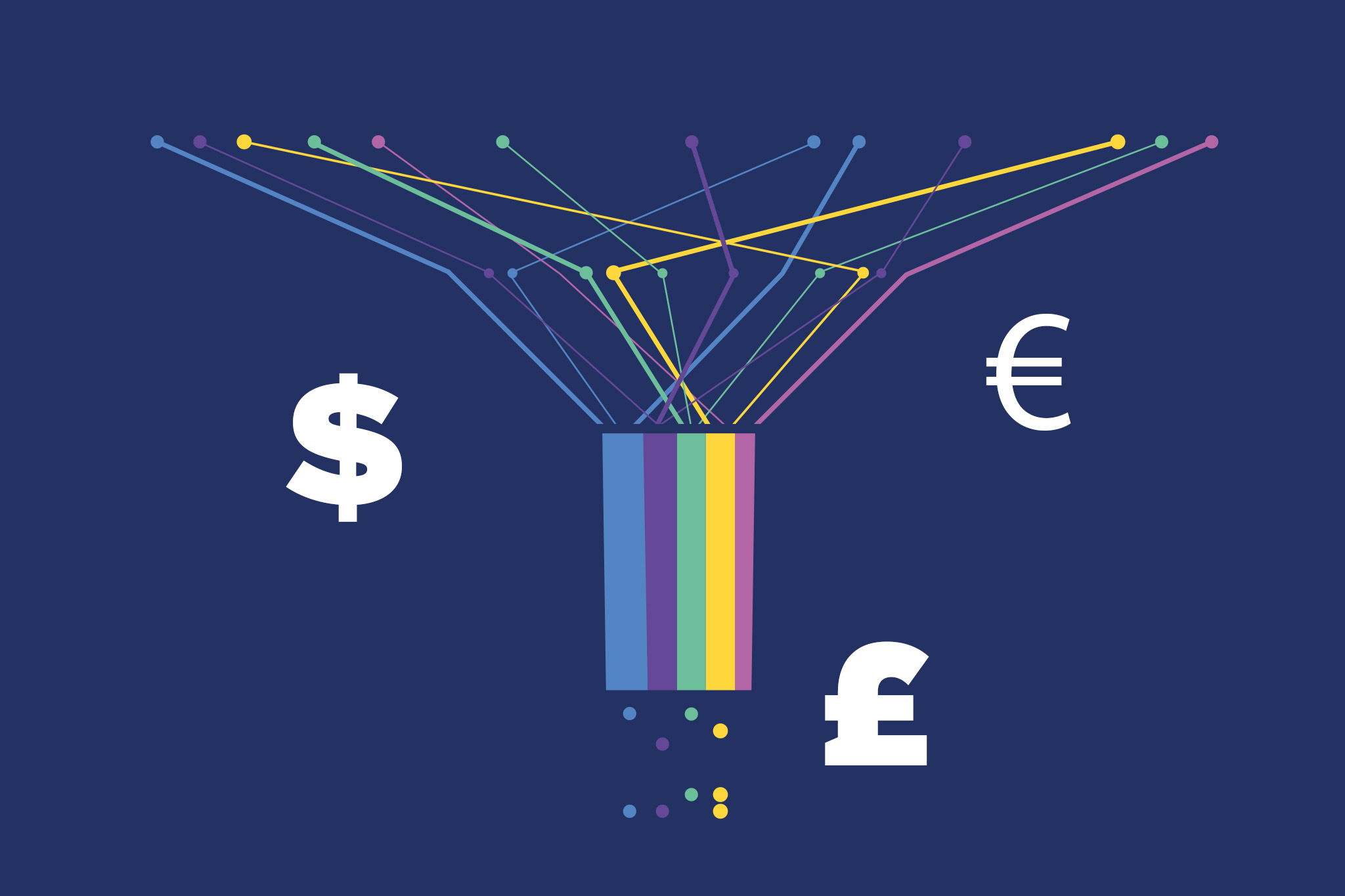In this blog post, we will explore the fundamentals of PPC marketing, its benefits, the key platforms, how it differs from SEM and SEO, as well as tips for successful campaign management.

What is the difference between PPC, SEM, and SEO?
Before delving into PPC, it’s essential to understand how it differs from Search Engine Marketing (SEM) and Search Engine Optimization (SEO). SEM encompasses all paid and organic strategies to improve a website’s visibility on search engine results pages (SERPs). SEO focuses exclusively on optimising websites to rank higher in organic search results. PPC, on the other hand, specifically refers to paid advertising where businesses bid on keywords to display their ads on search engines or other platforms.
What are the benefits of using PPC?
1. Immediate visibility: PPC campaigns can provide instant visibility for your brand and offerings, allowing you to reach potential customers quickly.
What are the best PPC platforms?
Google Ads
YouTube Ads
How does PPC advertising work?
How does PPC keyword research work?
How to manage your PPC campaigns
2. Landing page optimisation: Ensure that your landing pages align with your ads and provide a seamless user experience. Optimise landing page content, design, and call-to-actions to maximise conversions.
What comes next?
PPC marketing is a powerful tool in any digital marketer’s toolkit, offering immediate visibility, targeted reach, and measurable results. By understanding the differences between PPC, SEM, and SEO, harnessing the benefits of PPC platforms like Google Ads and YouTube, comprehending how PPC advertising works, conducting thorough keyword research, and effectively managing campaigns, businesses can develop strong PPC campaigns that drive quality traffic, increase conversions, and contribute to their overall marketing success.
Embrace the power of PPC and unlock new opportunities to grow your business in the digital realm with the help of the team at LD. Book a free coffee chat to get started.

